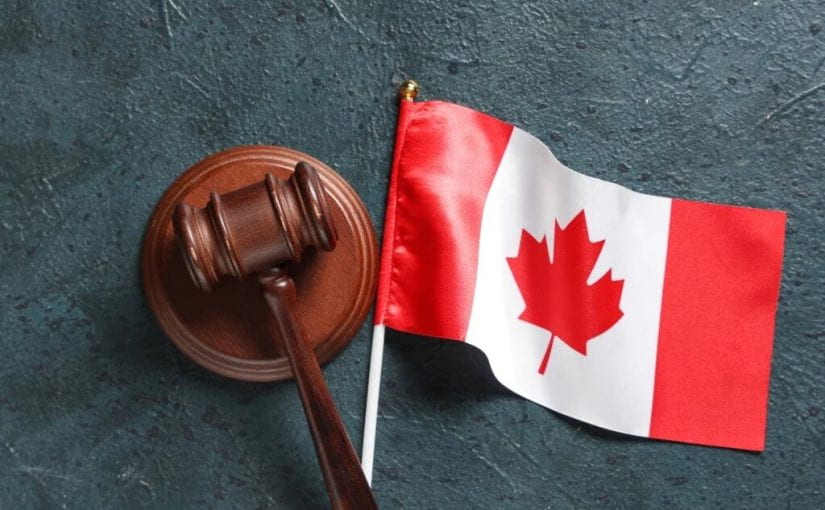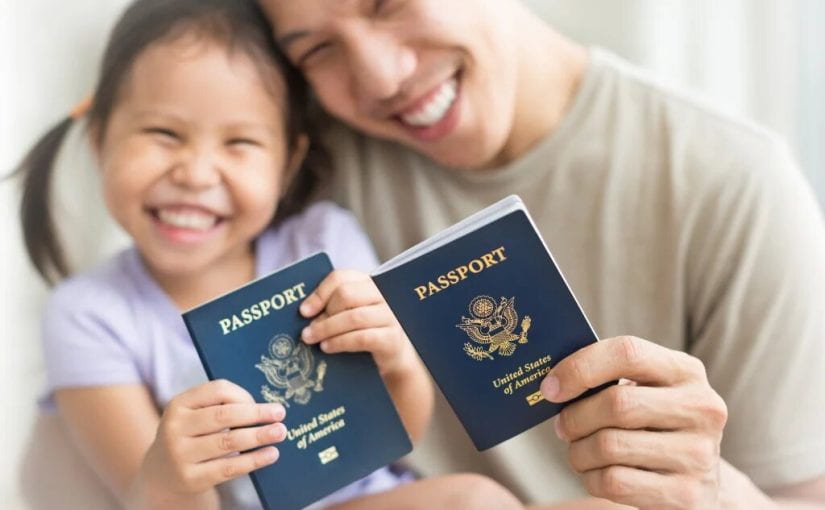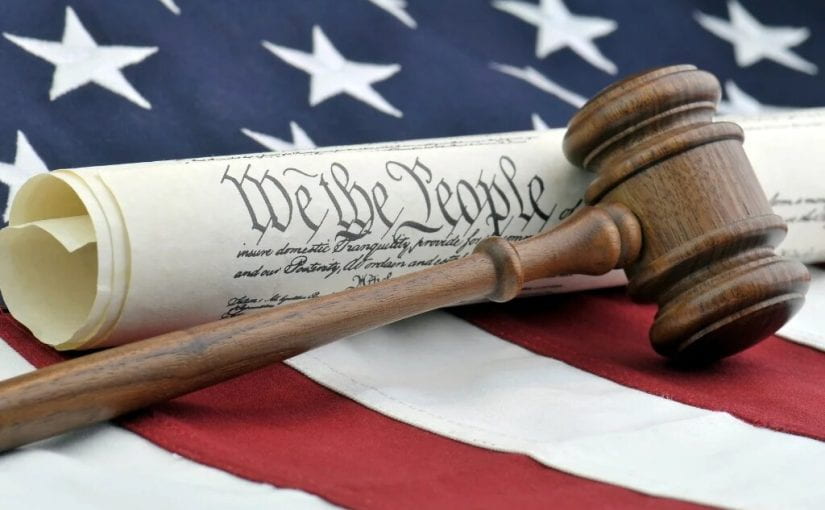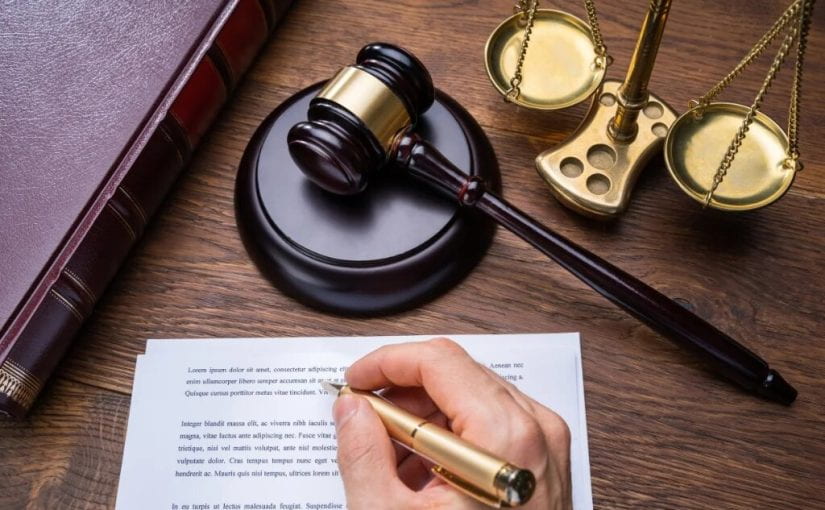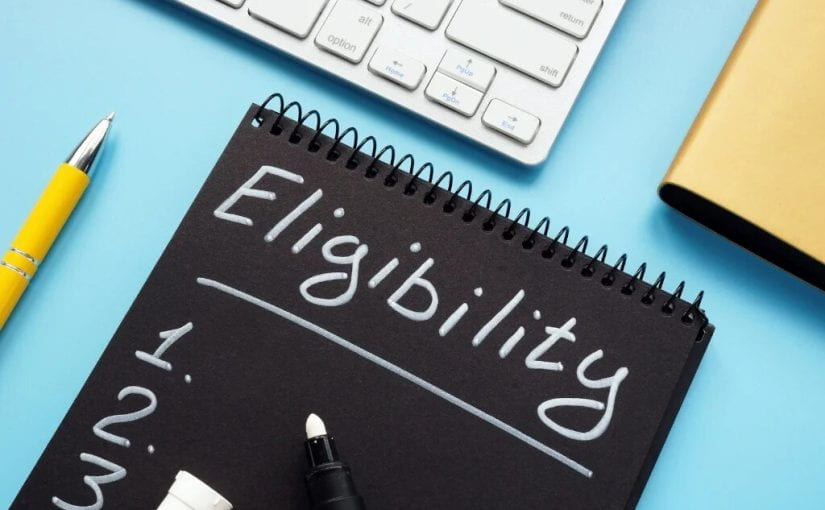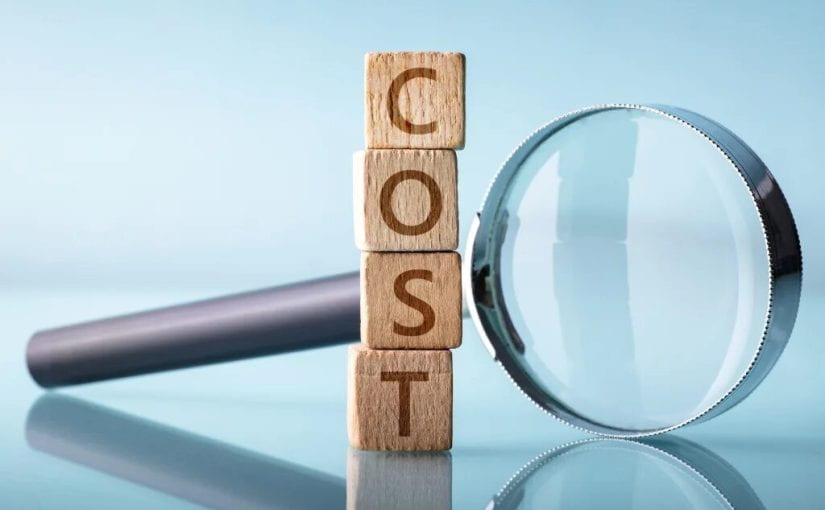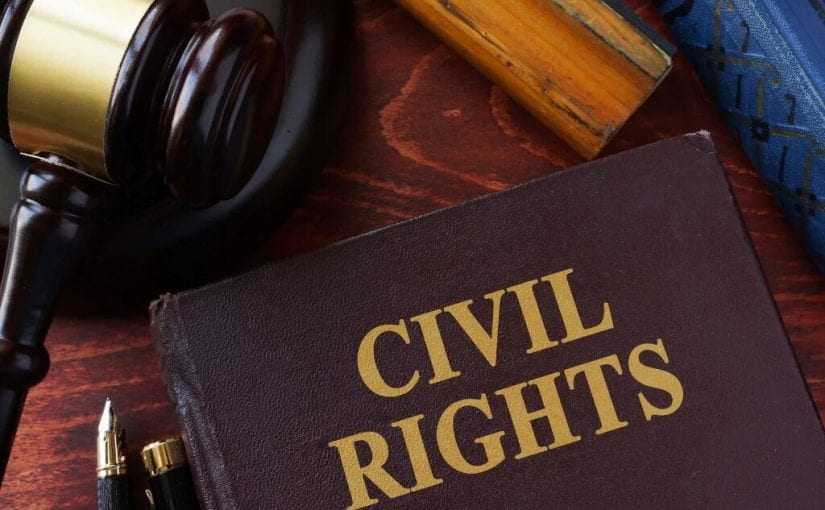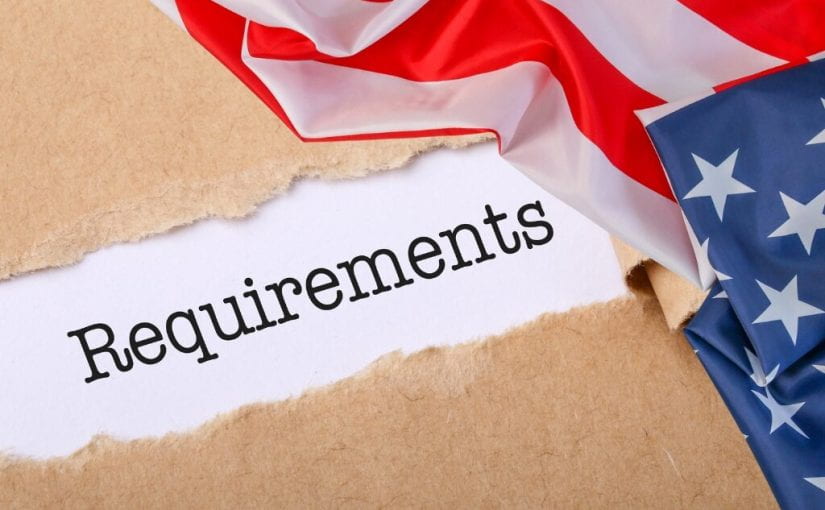Obtaining a Canadian pardon, officially known as a Record Suspension, can open doors to new opportunities by sealing your criminal record from public view. However, not everyone is eligible to receive one. Certain Canadian Pardon Disqualifications can disqualify individuals from this process, making it important to understand the specific requirements and limitations.
This blog will explore the Canadian Pardon Disqualifications in detail, outlining the criteria that could prevent someone from being granted a pardon. We’ll also provide guidance on how to approach the process if you face challenges and highlight solutions to help you regain control of your future.
What Is a Canadian Pardon?
A Canadian pardon allows individuals with a criminal record to have their record set aside, ensuring it is no longer visible in routine criminal background checks. This can make it easier to secure employment, volunteer opportunities, and even travel internationally.
However, not everyone qualifies for a pardon, and understanding the Canadian Pardon Disqualifications is critical before applying.
Factors That Disqualify You from Receiving a Canadian Pardon
The following are some of the key reasons why individuals may be ineligible for a Canadian pardon:
1. Conviction for Certain Offenses
Certain offenses are ineligible for a pardon under Canadian law. These include:
- Sexual Offenses Against Minors: Crimes such as sexual interference or exploitation involving minors are permanently ineligible for pardons.
- Indictable Offenses with Life Sentences: Offenses like murder or aggravated sexual assault carry life sentences and cannot be pardoned.
2. Failure to Complete Sentences
You must complete all aspects of your sentence, including:
- Jail time or probation
- Payment of fines, restitution, or surcharges
- Compliance with parole conditions
Incomplete sentences will disqualify you from applying for a pardon.
3. Insufficient Waiting Period
Applicants must wait a prescribed period after completing their sentence before applying for a pardon:
- 5 Years for summary offenses (less serious crimes)
- 10 Years for indictable offenses (serious crimes)
Failing to meet the waiting period is a common reason for disqualification.
4. Multiple Convictions
While having multiple convictions doesn’t automatically disqualify you, a pattern of criminal behavior may lead to rejection if the Parole Board determines you have not been rehabilitated.
5. Active Criminal Charges
If you are currently facing criminal charges, you are not eligible to apply for a pardon until those charges are resolved and any resulting sentence is completed.
6. Recent Criminal Activity
Evidence of recent illegal behavior, even without a conviction, may negatively impact your application. The Parole Board evaluates whether an applicant is likely to re-offend.
7. Incomplete or Incorrect Application
Submitting an incomplete or inaccurate application can lead to rejection. Ensure all forms are filled out correctly, and supporting documentation is included.
Can You Overcome Canadian Pardon Disqualifications?
If you believe you are ineligible due to any of the reasons listed above, there may still be options to pursue:
- Seek Legal Advice: A lawyer specializing in criminal law can assess your case and suggest ways to improve your eligibility.
- Address Outstanding Issues: Pay off fines, complete sentences, or resolve pending charges to strengthen your application.
- Apply for a Waiver: For individuals facing challenges with international travel, a US Waiver may help bypass certain travel restrictions without requiring a Canadian pardon.
Steps to Apply for a Canadian Pardon
If you meet the eligibility criteria for Canadian Pardon, here’s how you can proceed:
- Confirm Eligibility: Review your criminal record to ensure you meet the waiting period and other requirements.
- Gather Required Documents: Obtain court documents, police records, and proof of sentence completion.
- Submit a Complete Application: Prepare and file your application with the Parole Board of Canada.
- Seek Professional Assistance: Agencies or Canadian pardon service providers can simplify the process and help you avoid common pitfalls.
While there are several Canadian Pardon Disqualifications, understanding these factors can help you assess your eligibility and prepare a strong application. A disqualification does not necessarily mean the end of the road—addressing outstanding issues or seeking legal guidance can improve your chances of success.
If you need professional assistance, SekCheck’s Pardon and Waiver is one of the best agencies to apply for pardons and waivers. With their expertise in navigating complex legal processes, SekCheck ensures your application is handled accurately and efficiently, helping you move forward with confidence.
Take control of your future today by starting your journey toward a clean slate.
Source : Sekcheck Fingerprinting
